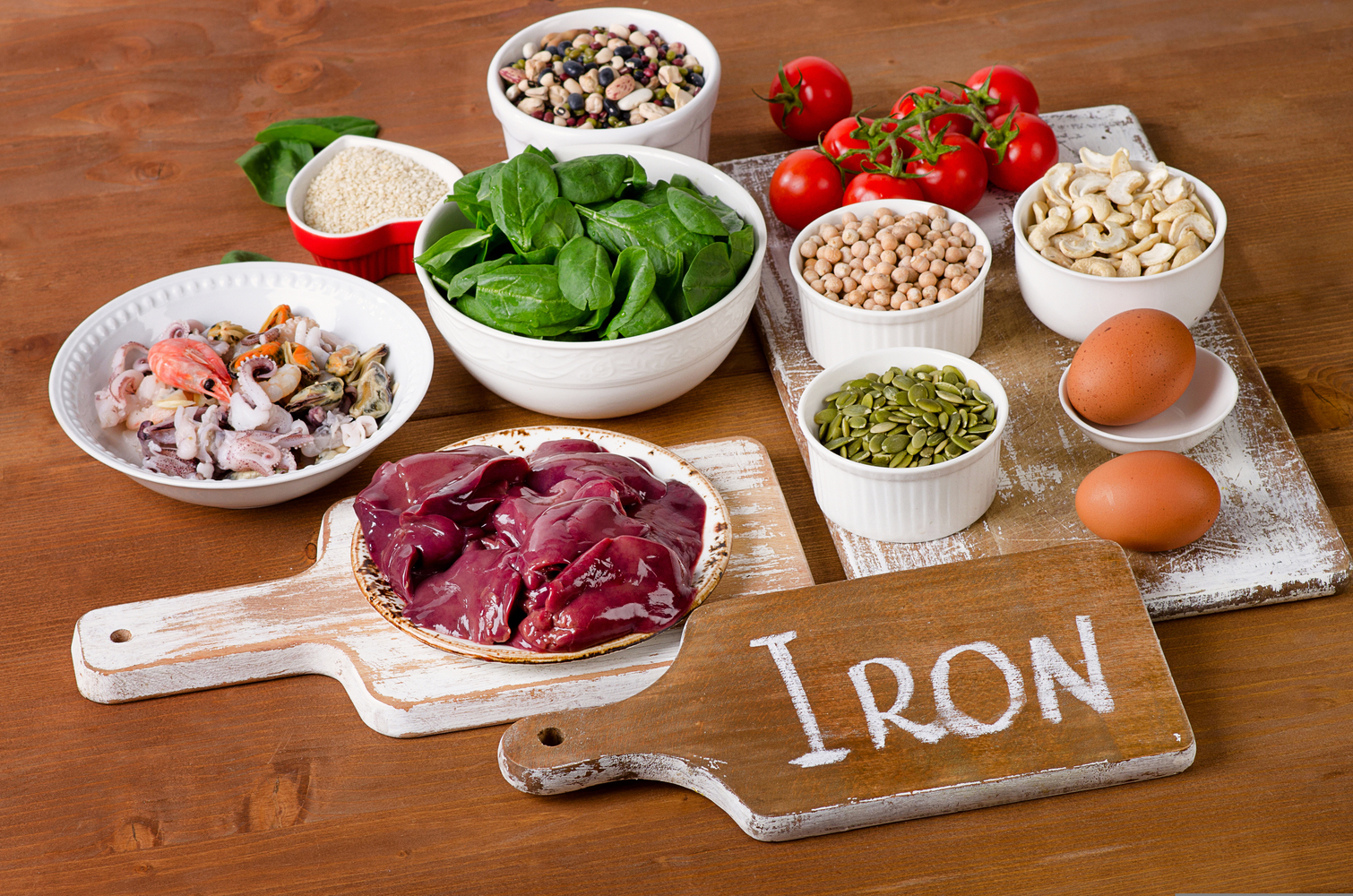
The Top 3 Vitamins and Foods for Sleep Problems
Many of us don’t consider vitamin deficiency when we’re struggling to get adequate sleep. In fact, a bout of insomnia has us hard pressed to think logically about anything at all. However, certain vitamin deficiencies are commonly the cause of sleep problems, and often a simple change in diet (incorporating valuable vitamins or foods that promote sleep) can greatly help.
The American Sleep Association estimates that roughly 70 million adults suffer from chronic sleep problems in the U.S. Not to mention that lack of sleep is quite dangerous, resulting in car collisions, heart issues, gastro-intestinal ailments, and so much more. Luckily, the simple incorporating of the following foods and vitamins can help you get a restful night’s sleep once again:
1. Magnesium
If you’re struggling with sleep, magnesium is the first vitamin your health care provider will recommend, and with good reason. Magnesium is responsible for the production of melatonin, an essential hormone for sleep regulation. If you suffer from pain or muscle tension during sleep (or as you’re trying to fall asleep, which is very common), this vitamin calms the body and mind, preventing the clenching of muscles with GABA, an amino acid that soothes the central nervous system.
According to a vast majority of U.S. health experts, American adults are vastly low on magnesium supply. Thankfully, plenty of zinc can be found in foods like Brazil nuts, dark leafy green veggies (i.e., spinach) and pumpkin seeds. Or you can take magnesium citrate supplements in 600 milligram doses, or as prescribed by your healthcare provider.
2. Vitamin C
Vitamin C might have an established reputation as a virus fighter. However, the big C is also key to getting a good night’s rest. According to a 2014 medical research study, conducted by PLOS ONE, vitamin C deficiency is the culprit of many restless nights. Not only that, but low vitamin C stores are also the common cause of waking up several times during the night and having difficulties falling back to sleep.
If this sounds like you (I see you, awake every day at 3 am), try incorporating vitamin C rich foods, like citrus fruits (i.e., oranges, lemons, limes, grapefruit, etc.), red bell peppers, and kiwi into your daily diet. If you’re not a fan of C rich foods—the Mayo Clinic recommends taking 65 to 90 milligrams milligrams of vitamin C per day, as recommended by your doctor. Just be careful not to take too much, or else you may be running to the bathroom at night with diarrhea.
3. Iron
Iron is the third most important vitamin for sleep promotion. In fact, an iron deficiency (common in vegetarians and vegans) can leave you wired at night instead of slumbering. This is because iron has the important role of transporting oxygen throughout the body. Without enough, the body becomes chronically fatigued without any other reason.
Not only that, but an iron deficiency is quite dangerous. Patients chronically low in iron often suffer side effects such as leg cramps, heart palpitations, and restless leg syndrome, which will keep the lower limbs twitching at night keeping you from sleeping. Low iron is very common among those following a vegetarian or vegan diet (without proper iron alternatives) and women in their perimenopausal and menopausal years. The best way to boost iron stores for sleep is to eat iron rich foods such as red meat, poultry, seafood, pork, beans, raisins, spinach (just like Popeye), peas, and cereals fortified with iron.


